#dhew acts
Video
Dear The Murdoch Mysteries - - how do I apply for this job?
(X)
#david hewlett#dhew acts#the murdoch mysteries#behind the scenes#seriously#i am qualified to do this
83 notes
·
View notes
Text
Linguistic Excursions (5): Cornish / Kernowek
So after my four previous Celtic excursions it’s fitting that I turn south to visit the final Celtic tongue of the British Isles, Cornish.
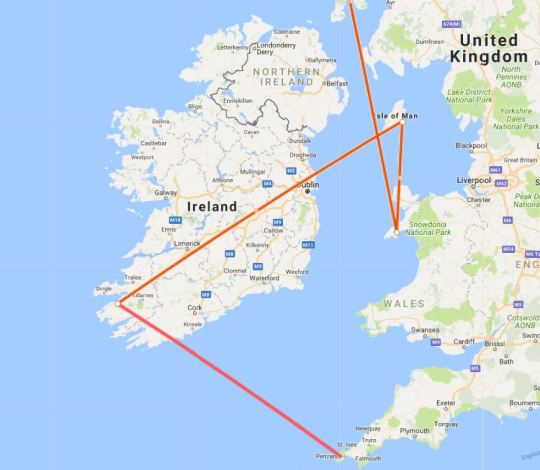
Like Manx, Cornish is a revived language, but with a rather longer time between the passing of the last native speaker and the revival – more like 200 years rather than 20-30. So one of the complications this has brought is that there has been less agreement on the exact type of Cornish that should be revived, e.g. Middle Cornish, Tudor Cornish or Late Cornish, and of course there are no recordings available to confirm exactly how Cornish is spoken.
Cornish also did not have a fixed orthography during its last few hundred years, so Cornish revivalists have at times been at loggerheads in terms of the form of writing that should be used to write it (see for example, Kernewek Kemmyn - Cornish for the Twenty First Century (1997) by Paul Dunbar and Ken George, which is essentially a 160 page rant - in the form of a dialogue between the two authors – analysing the criticisms of their orthography by another Cornish scholar, Dr Nicholas Williams, rather than (as I hoped) an introductory grammar of the Cornish language). Fortunately, since then, the disparate groups have come together to cooperate and create a new Standard Written Form of Cornish, which strikes a balance between traditionalists and modernisers, and which also permits alternative forms to be used according to the writer’s style.
Like with Manx, there’s been some attempt to push the revival at the nursery/primary end, as this video suggests, but sadly I couldn’t easily find out what the current status of the early education programme is in Cornwall.
Today’s first text comes from Skeul an Tavas (The ladder of the language), an introductory Cornish language coursebook. The version I have uses the ‘traditional graphs’; another edition is available that uses the more modern ‘main form’ graphs.
Cornish is a Brythonic (or Brittonic) language, and is very close to Welsh, so where possible I’ve shown the Welsh equivalents in the vocabulary, out of comparative linguistic interest.
Text 1
Yma Peder hag y whor, Morwena, ow mos dhe’n lyverva. I a garsa cavos nebes lyvrow tochya an balyow coth y’ga ranndir. Peder ha Morwena a gar whithra an jynnjiow.
“Kemmer with!”
“Yma’n lyvrow na ow codha, Peder”.
Wella a wra aga hachya. Yn y dhorn yma dew lyver da.
“Gwra mires, Morwena, Tas-gwynn a garsa an lyver ma.“
Y whrons i mos tre gans an dhew lyver.
Vocabulary
yma – is . Cf. Welsh (W) mae
ha, hag – and. W. a, ac
y2 – his. Causes the second (soft) mutation to applicable consonants. W. ei
whor (f) sister. NB wh- does not mutate. W. chwaer
ow4 in this case, a verbal noun particle. W. yn, Ir/Sc G ag. Causes fourth (hard) mutation to applicable consonants. Cornish has no fewer than four mutations (!), listed as the 2nd, 3rd, 4th and 5th state mutations in Cornish text books. Compare this with one mutation in modern Scots Gaelic (lenition), two in Irish and Manx (lenition and eclipsis/nasal mutation), three in Welsh (lenition/soft, aspirate and nasal) and Breton (lenition, aspirate and hard); Breton and Welsh both also have a “mixed” mutation but unlike Cornish it doesn’t create a new scheme of mutated consonants that don’t appear elsewhere. The Cornish mutations are as follows:
- the 2nd state mutation is a soft mutation, like the Welsh soft mutation, causing (p>b, b>v, m>v, t>d, d>dh, ch>j, c/k>g, g>w or Ø)
- the 3rd state mutation is an aspirate mutation, like Welsh aspirate mutation, causing (p>f, t>th, c/k>h, qw>wh)
- the 4th state mutation is a ‘hard’ mutation, creating unvoiced sounds, causing (b>p, d>t, g>c/k/q)
- the 5th state mutation is a mix of the aspirate and hard mutations, causing (b>f/v, m>f/v, d>t, g>wh).
Letters not mentioned in the above lists are not mutated.
mos to go
dhe to. W. i, Cf. Irish (Ir) do, Scots Gaelic (ScG) do/dhan
’n, an the. W. y, yr. Ir/ScG an. Note that as in W. the same form of the article is used for singular and plural definite forms, whereas in Ir/ScG an is singular only.
lyverva library. W. llyfrgell, but cf. W. ending -fa ‘place of’ as in swyddfa office.
i they
a garsa would like. From cara to like. i a garsa they would like. Cornish is structurally a VSO language like the other Celtic languages, but it also has a number of “impersonal” verb forms where the subject/pronoun comes before an uninflected (for person/number) form of the verb, separated by verbal particle a2, which causes the 2nd mutation. So the meaning is something like “[it is] them who would like”. In doing so it gives the impression of an SVO word order, possibly something that might have been influenced by the surrounding English language as Cornish declined?
cavos to get, find
nebes (a) few (takes plural form)
lyver (m) book, plural lyvrow
tochya to touch. Here meaning “concerning”
bal (m) mine. pl. balyow. Not sure if cognate with W. pwll pit?
coth old. Does not seem to be cognate with W. hen, Ir sean, ScG seann, but rather Breton (Br.) kozh
y(n) in. W, Ir i
’ga3, aga3their. Probably not cognate with W. eu their but note the similarity with Ir acu, ScG aca at them, often used in possessive constructions, but not used directly as a possessive pronoun as in Cornish.
ranndir (m) area, district. W rhandir
whithra to search, investigate. Similar to W. chwilio
jynnjy engine house. Presumably from Eng. loanword jynn engine + chi house. Plural jynnjiow
kemmer take (imperative form of kemeres take). W. cymryd, cymer-
gwith care. Here with second mutation as with. As in Welsh, the soft mutation used for the direct object of a verb appearing after the explicit or implied subject. Cf perhaps W. gwyliad(wriaeth) caution
na that. Appears after the noun hence an lyvrow na those books. ‘This’ is ma, used in the same way.
codha to fall. Note that the 4th state mutation after ow4 does not change initial c-
Wella boy’s name
a wra does. This is the impersonal (3rd person singular) form of gul do, which is gwra reduced to wra after the soft mutation caused by a2, as above. Cf. W. gwneud. In this case it is used as an dummy auxiliary verb - much as English do has a dummy auxiliary function as in “do you like that?”.
cachya to catch. From English, presumably. Here in the aspirate 3rd state after aga3 their giving aga hachya ‘their catching’. Similar to Welsh, the possessive pronoun is used with the verbal noun to indicate a direct object, i.e. ‘catching them’. So the phrase Wella a wra aga hachya means lit. ‘[It is] Wella who does their catching’ or more naturally ‘Wella catches them’
dorn (m) fist. From which yn y dhorn in his fist
da good. Same as W. da
gwra do! (imperative form of gul). As above, acts as auxiliary verb for following action verb.
mires to look. Hence gwra mires look!
tas-gwynn (m) grandfather. Lit. “white (gwynn) father (tas)“. Grandmother is similarly dama-wynn “white lady”.
y whrons i they do. y5introduces the statement form of the verb (cf. Welsh fe, mi) and takes the 5th state mutation (softening and devoicing g-), which in this case converts gwrons to whrons. As above the verb is acting as an auxiliary to mos go.
tre (f) town, farm (seen in the names of a number of Cornish villages), but here as an adverb meaning home(wards)
gans with
dew (m) two. Here with soft mutation after an, and note the use of the singular noun after the number. The cardinal numbers in Cornish (which are very similar to Welsh) from 1-10 are:
1 onen/unn
2 dew/diw
3 tri/teyr
4 peswar/peder
5 pymp
6 whegh
7 seyth
8 eth
9 naw
10 deg
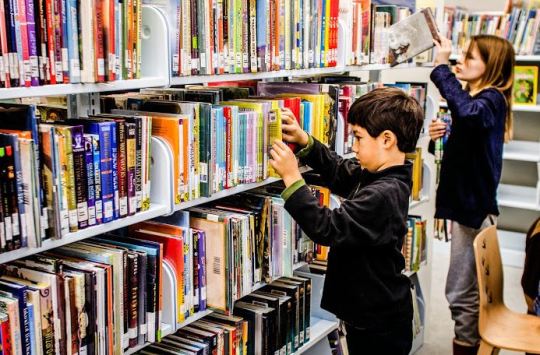
Translation
Yma Peder hag y whor, Morwena, ow mos dhe’n lyverva.
Peter and his sister Morwena are going to the library.
I a garsa cavos nebes lyvrow tochya an balyow coth y’ga ranndir.
They would like to find a few books about the old mines in their area.
Peder ha Morwena a gar whithra an jynnjiow.
Peter and Morwena like investigating the engine houses.
“Kemmer with!”
“Take care!”
“Yma’n lyvrow na ow codha, Peder”.
“Those books are falling, Peter.”
Wella a wra aga hachya. Yn y dhorn yma dew lyver da.
Wella catches them. In his hand are two good books.
“Gwra mires, Morwena, Tas-gwynn a garsa an lyver ma.“
“Look, Morwena, Grandad would like this book.”
Y whrons i mos tre gans an dhew lyver.
They go home with the two books.
Text 2
The second text is the Cornish version of a well-known song, and a different orthography has been used, reflecting a Late Cornish approach. See if you can work out the song before you read the translation.
Spladn che steran vian spladn,
War an moar ha'n doar en dadn.
Dres an clowdes, otta che,
Carra jowal 'terlentry.
Spladn che steran vian spladn,
War an moar ha'n doar en dadn.
Vocabulary
spladn bright. Note alternative spelling splann, which can be pronounced /nn/ or /dn/. Further alternative spellings shown in brackets below. Not sure what this may be cognate to, but same word is used in Breton: splann
che (also jy) you. W. ti
steran (also steren) (f) star. Cf. Welsh seren
bian (also byhan/byghan) little, here lenited after feminine noun as vian. W. bach, bychan
war on. W ar
moar (also mor) (m) sea. W. môr
doar (also dor) (m) earth, soil. W daear
en dadn (also yn dann) under. W. tan
dres above, across. W ar draws
clowd, clowdes (also clowdys) cloud(s). From English.
otta behold, here is.
carra (also cara) like. W. caru. The odd thing here is that carra/cara means to like, be fond of, rather than English like=as, which would be avel. I wonder if this is a translation issue on the part of whoever translated the song into Cornish.
jowal jewel. From English
’terlentry.to twinkle. I think the apostrophe here might represent a missing verbal particle ow, described in Text 1 above. Not sure what this word might be cognate to, but note Breton terenn ray of light
Translation
Spladn che steran vian spladn,
Bright, (are) you, little star, bright.
War an moar ha'n doar en dadn.
Upon the sea and the earth below.
Dres an clowdes, otta che,
Above the clouds, there you are!
Carra jowal 'terlentry.
Like a twinkling jewel
Spladn che steran vian spladn,
Bright, (are) you, little star, bright
War an moar ha'n doar en dadn.
Upon the sea and the earth below.
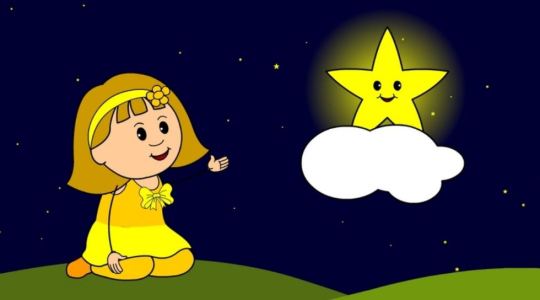
As ever, I hope people found this latest ‘excursion’ interesting. Do let me know if so.
Not sure if there are any Cornish learners on tumblr? If so - corrections or comments welcome!
So where next? I’m basically working my way through my bookshelf and I suppose will work my way round the globe little by little...
#cornish#cornish language#kernowek#cornwall#celtic languages#brittonic languages#revived languages#langblr#endangered languages#welsh#irish#scots gaelic#manx#notgreenlandic
165 notes
·
View notes
Photo
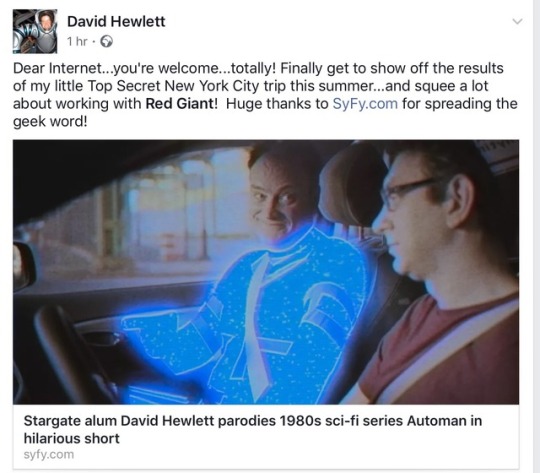
WAtch "Hewlogram" here
77 notes
·
View notes
Video
David Hewlett covered in blood.
Yeah, that’s my kink...
From Helene Joy's twitter
41 notes
·
View notes
Photo
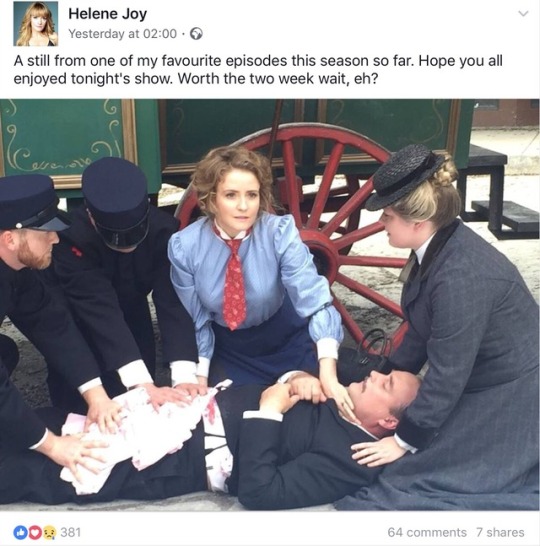
17 notes
·
View notes
Photo
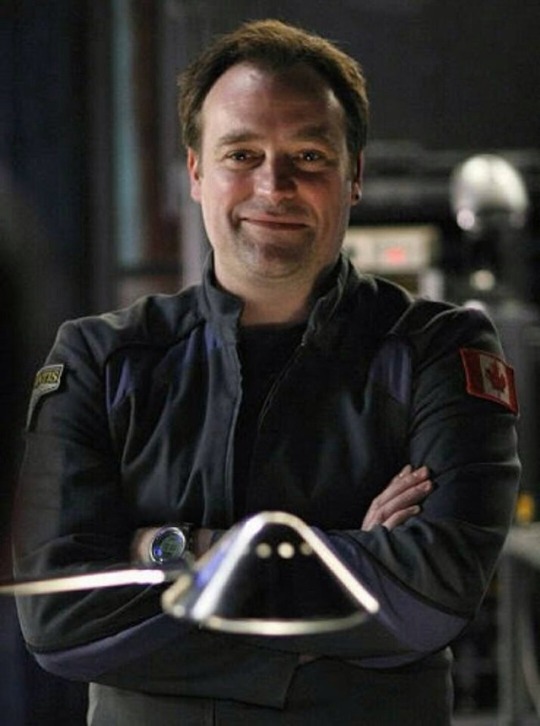
David Hewlett as Dr Rodney McKay
71 notes
·
View notes
Photo
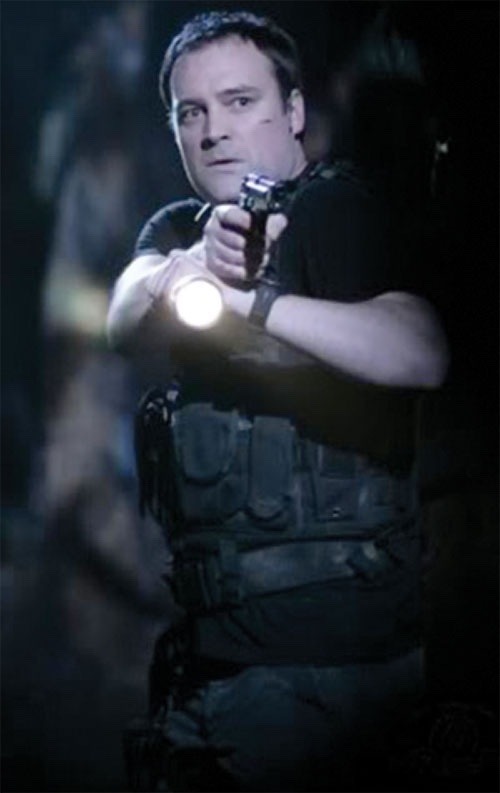
David Hewlett; Action Hero
27 notes
·
View notes
Photo

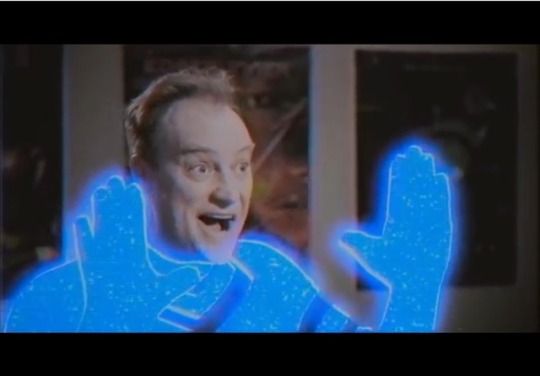
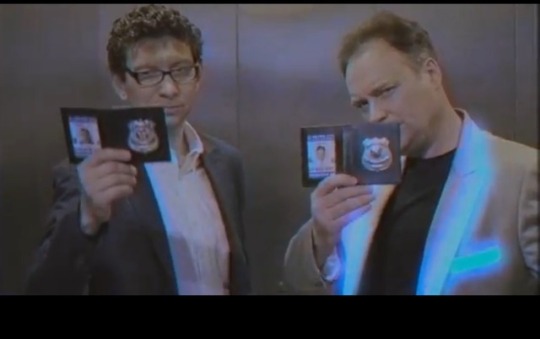
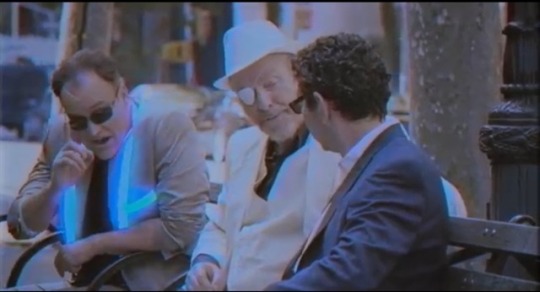
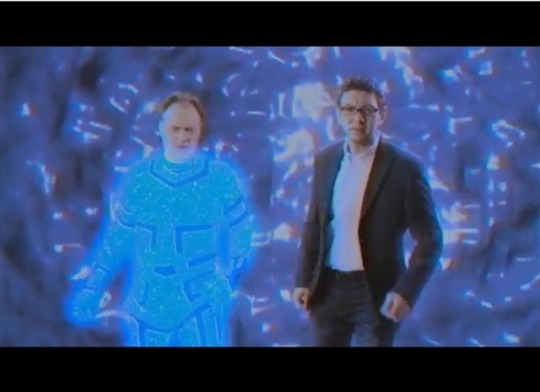
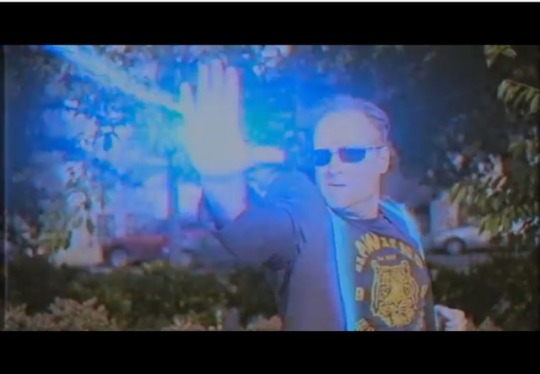
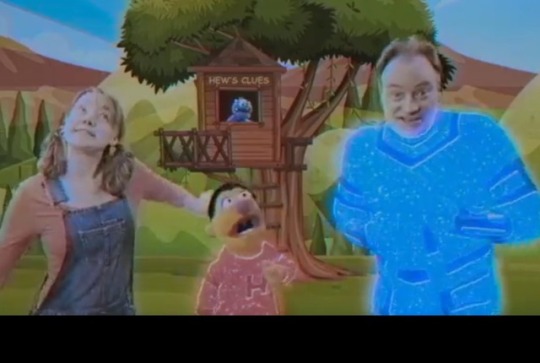
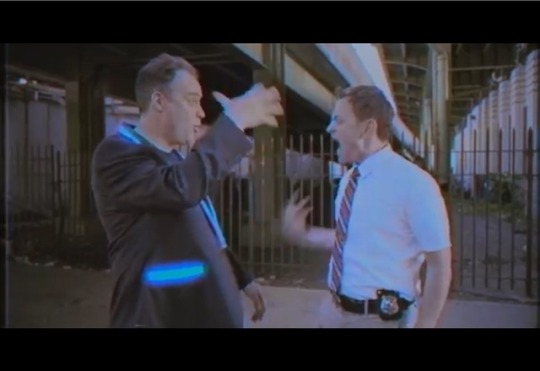
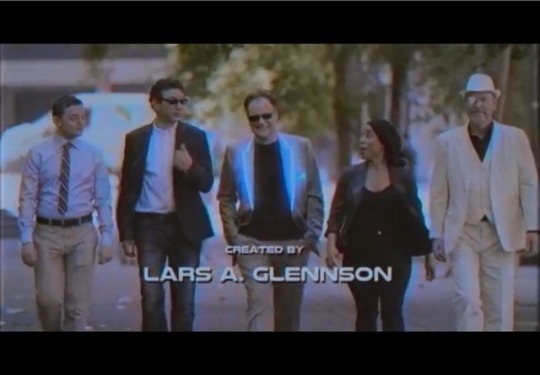
Stills from "Hewlogram"
9 notes
·
View notes
Photo
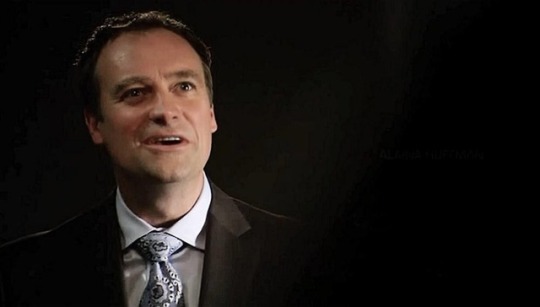
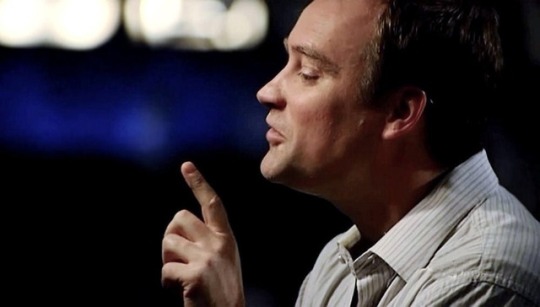


David Hewlett as Rodney McKay in S02E15 of Stargate Universe
112 notes
·
View notes
Photo
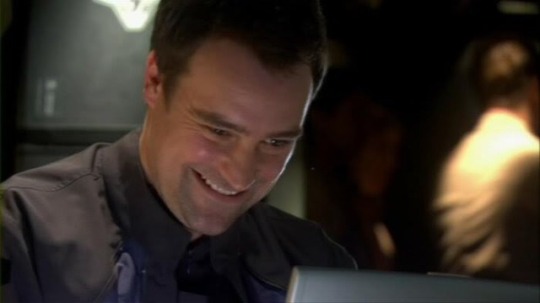
David Hewlett as Rodney McKay
23 notes
·
View notes
Photo
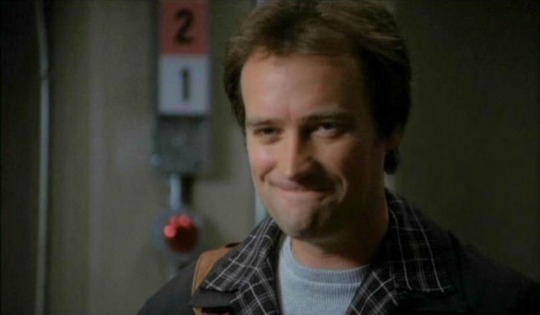
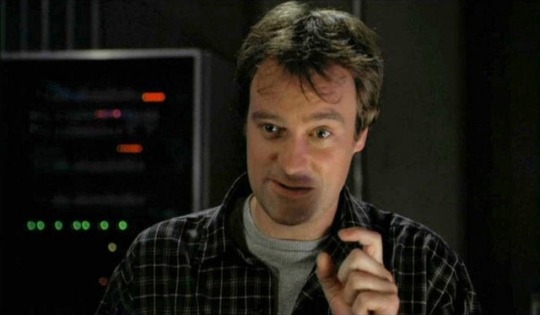
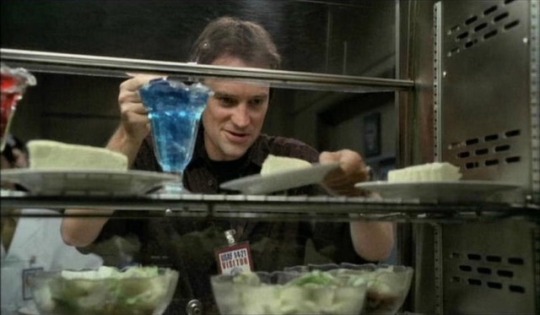
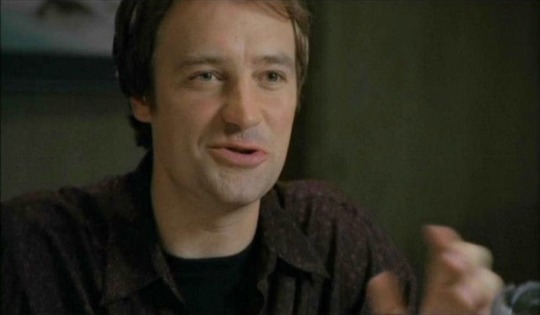
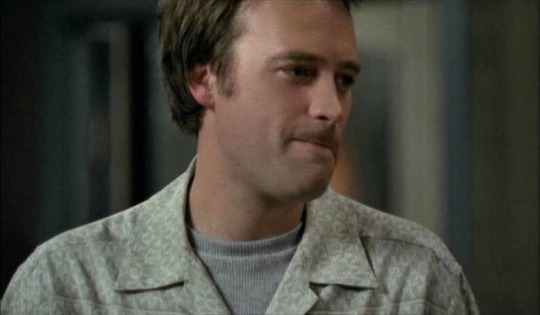
David Hewlett as Rodney McKay in Stargate SG-1 Season 5
128 notes
·
View notes
Text
David Hewlett to star in Roger Avary's 'Lucky Day'
David's IMDb page has been updated to show him playing the character of Derrek Blarney in Pulp Fiction writer's Roger Avary's 'Lucky Day'.
The film marks the Oscar winner's first return to directing in 13 years and also stars Nina Dobrev and Michael Madsen.
Could this be the film that David has fallen in love with a pair of Ted Baker shoes in?
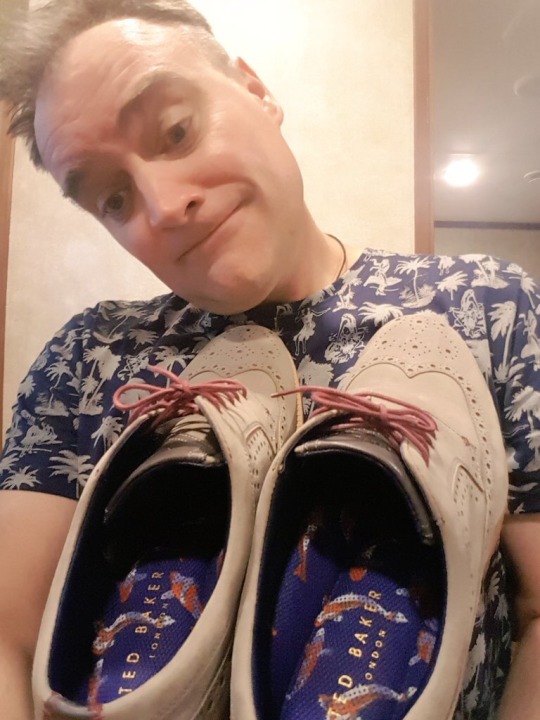
24 notes
·
View notes
Photo
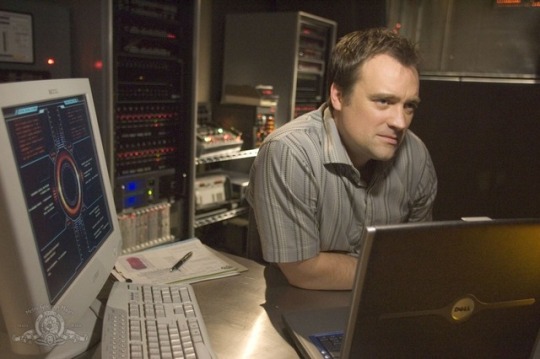
David Hewlett as Dr Rodney McKay
15 notes
·
View notes
Photo
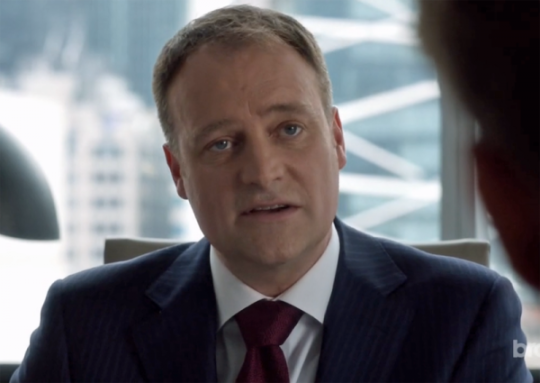


David Hewlett as Nathan Burns in S06E03 of 'Suits'
35 notes
·
View notes
Photo

Understated. As ever. David Hewlett in Vincenzo Natali's short film "Mouth"
17 notes
·
View notes
Photo
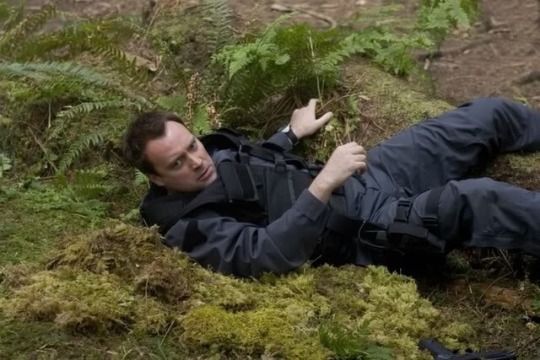
All laid out for the taking.....hmmmm.
54 notes
·
View notes